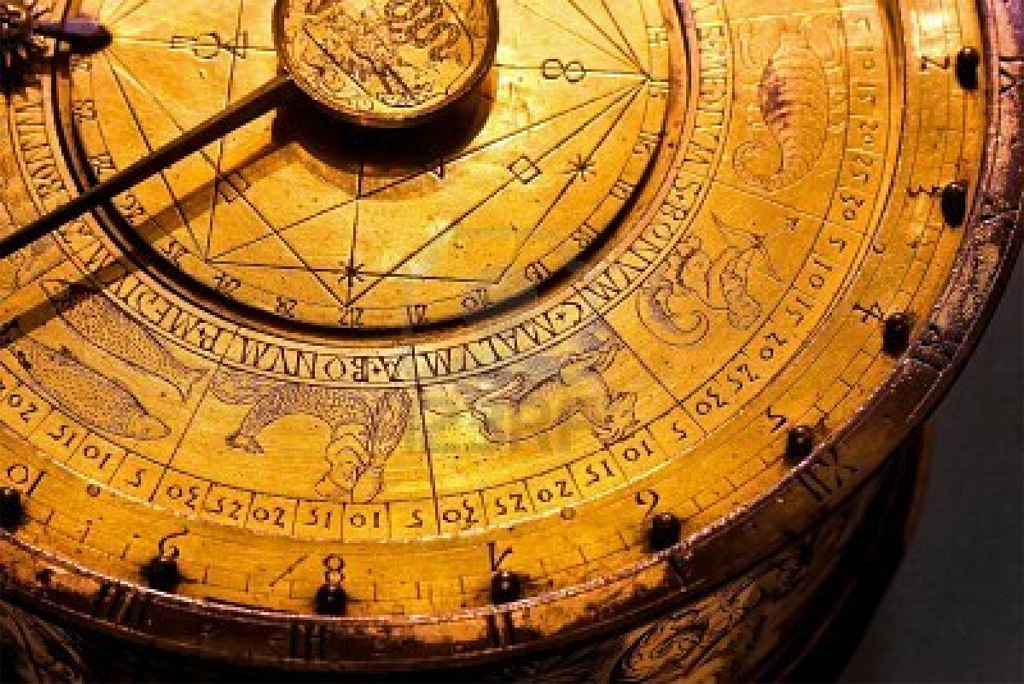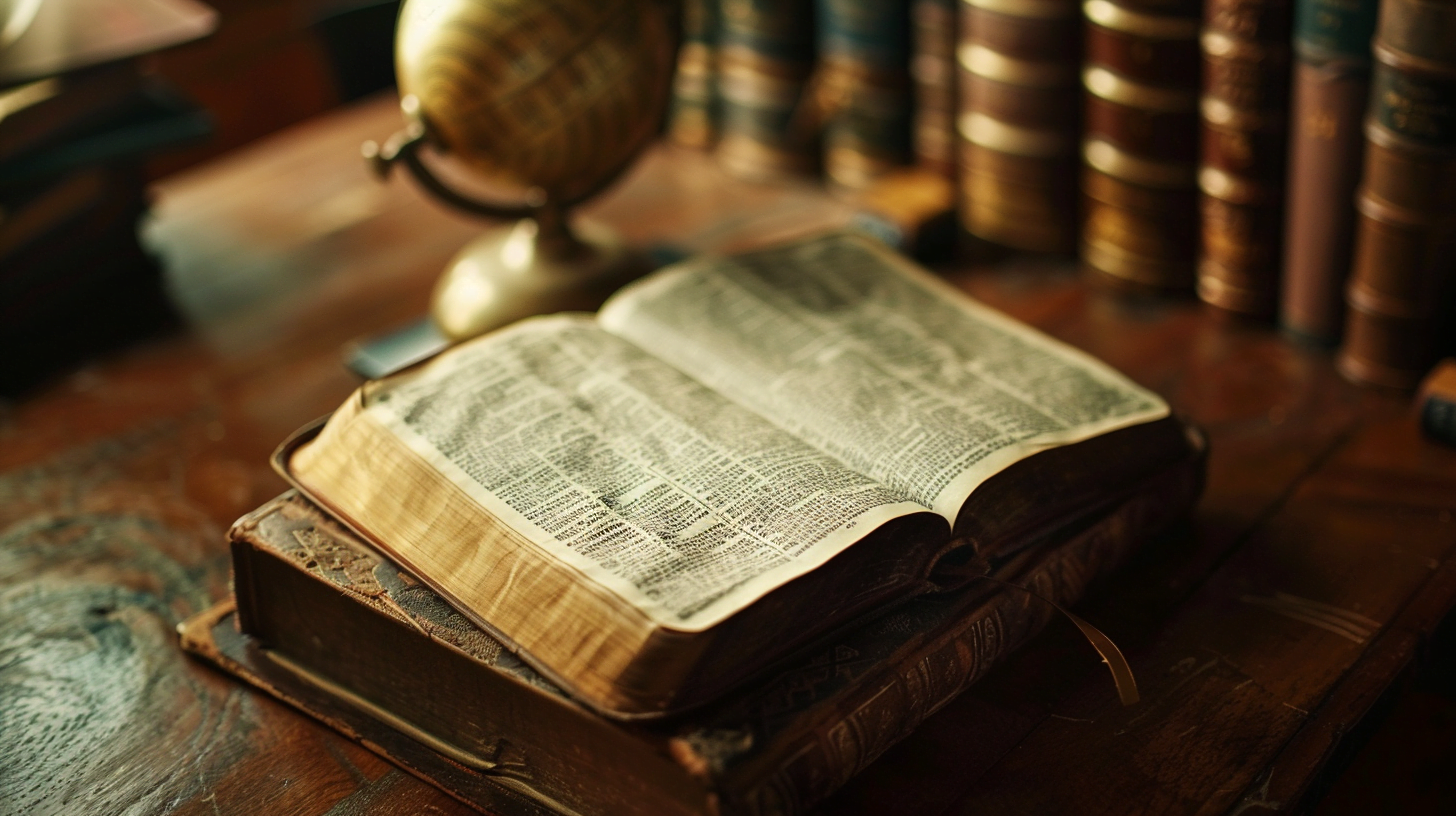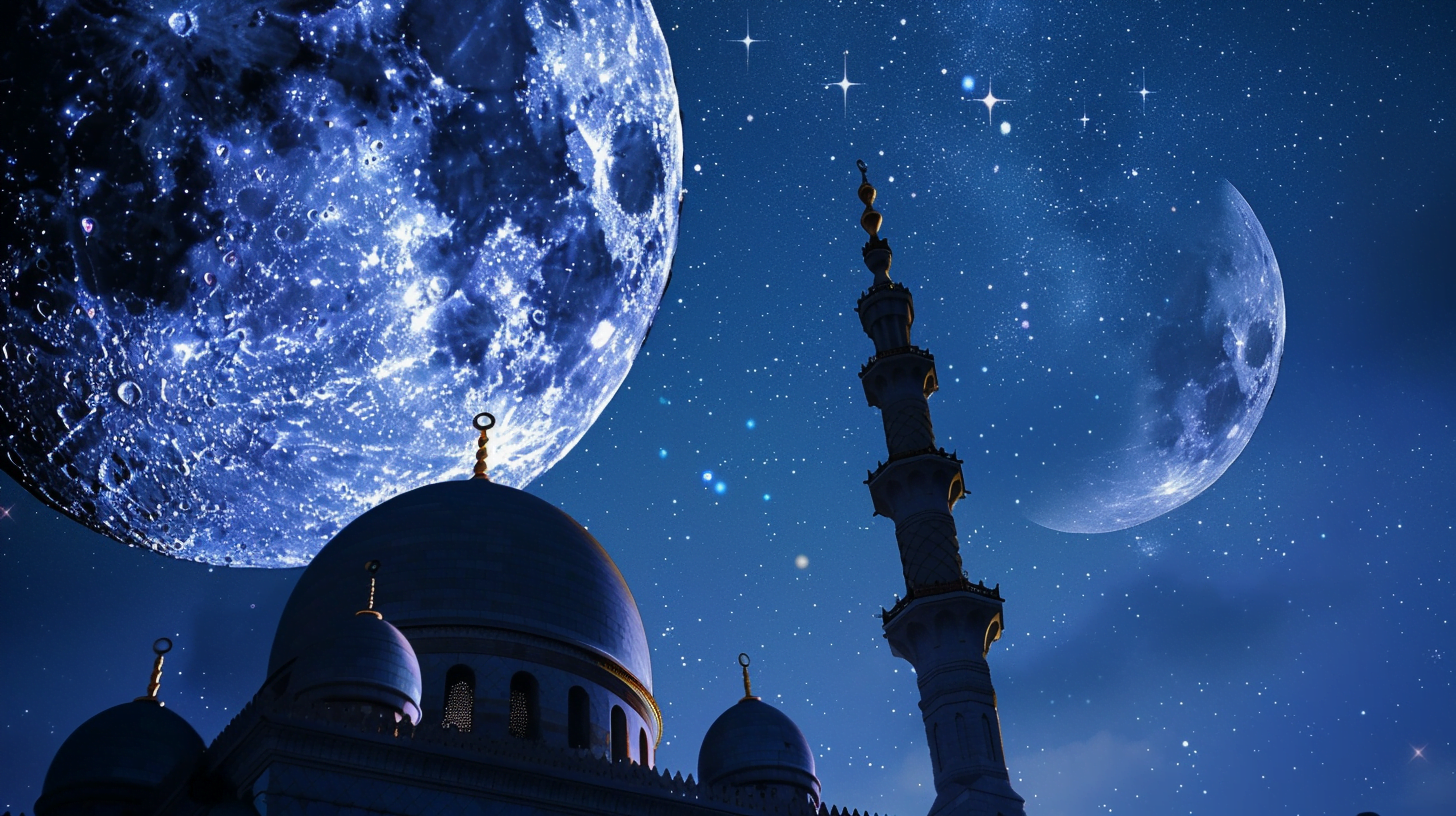Have you ever wondered about the connection between astrology and Islam? The relationship between these two subjects has been a topic of curiosity for many, but can we truly believe in astrology within the context of Islam? In this article, we will explore the fascinating correlation between astrology and the Islamic faith, shedding light on how they intersect and if there is room for belief in both. So, if you’ve ever pondered about the compatibility of these two intriguing realms, you’re in for an enlightening read.
The Origins of Astrology in Islam
Astrology has a long and complex history within the Islamic tradition, dating back to the early days of the religion. In order to understand the origins of astrology in Islam, it is important to explore its early beliefs and practices.
Early beliefs and practices
Prior to the advent of Islam, the Arab tribes that inhabited the Arabian Peninsula held various superstitions and beliefs related to the cosmos. They believed that celestial bodies and their movements had a significant impact on earthly affairs, including human destinies. These beliefs laid the foundation for the eventual incorporation of astrology into Islamic culture.
Influence of Greek and Persian astrology
Following the rise of the Islamic Empire, the knowledge of Greek and Persian astrology began to seep into the Islamic world. The works of renowned Greek scholars such as Ptolemy, as well as Persian astrologers like Abu Ma’shar al-Balkhi, were translated into Arabic and became accessible to Muslim scholars. The introduction of these astrological traditions played a pivotal role in the development of Islamic astrology.
Development of Islamic astrology
Islamic astrology emerged as a distinct discipline in the early centuries of the Islamic era. Muslim scholars began to integrate the principles of Greek and Persian astrology with their own theological and philosophical traditions. This fusion of knowledge contributed to the growth of Islamic astrology as a unique field of study, characterized by its emphasis on the interpretation of celestial phenomena within an Islamic framework.
Astrology in Islamic History
Throughout Islamic history, astrology has played various roles within Islamic society, from its influence on religious texts and literature to its usage in the field of medicine. Understanding these historical dimensions is crucial in comprehending the relationship between astrology and Islam.
Astrology in the Quran and Hadith
The Quran, the holy book of Islam, contains several references to celestial bodies and their significance. While these references do not explicitly endorse astrology, they provide a basis for the integration of celestial symbolism into Islamic culture. Similarly, the Hadith, collections of sayings and actions of the Prophet Muhammad, contain a few instances where the Prophet acknowledged celestial phenomena. These references served as a starting point for the development of Islamic astrological beliefs.
Astrology and Islamic literature and art
Astrology also found its way into Islamic literature and art. Poets and writers often employed celestial symbolism in their works, using the movement of the stars and planets as metaphors for human experiences and emotions. This artistic representation of astrology reflected its wider cultural influence within Islamic society.
The role of astrology in Islamic medicine
Within the field of medicine, astrology played a significant role in Islamic history. Physicians and scholars believed that the alignment of planets and stars could impact a person’s health and well-being. As a result, astrology was integrated into medical practices, contributing to the development of the branch of medicinal astrology. This belief in astrology’s influence on medicine persisted within Islamic society for centuries.
Traditional Islamic Views on Astrology
Islamic scholars have expressed a range of perspectives on astrology throughout history. While some have been accepting of its practice, others have strongly condemned it as a form of shirk, or polytheism. Delving into these traditional views sheds light on the complexities surrounding astrology in Islam.
Islamic scholars’ perspectives on astrology
The opinions of Islamic scholars on astrology have varied widely. Some scholars, such as Al-Kindi and Al-Farabi, believed that astrology was a valid field of inquiry, as long as it was approached with caution and without compromising Islamic beliefs. They argued that astrology could offer insights into the cosmic harmony ordained by Allah.
Astrology as shirk (polytheism)
On the other hand, many Islamic scholars have vehemently opposed astrology, viewing it as a form of shirk. They argue that attributing power and influence to celestial bodies goes against the Islamic belief in the absolute sovereignty of Allah. These scholars maintain that only Allah determines human destinies, and seeking guidance from stars and planets is tantamount to associating partners with Allah.
Arguments against astrology in Islamic theology
Islamic scholars who criticize astrology often cite theological arguments to support their stance. They assert that astrology conflicts with the concept of free will, as it suggests that human destinies are predetermined by the positions of celestial bodies. Additionally, they argue that relying on astrology for guidance undermines the importance of personal agency and the power of supplication to Allah.
Contemporary Islamic Perspectives on Astrology
In present times, there is a wide range of opinions among Muslims regarding astrology. Some view it as a cultural practice rather than a religious belief, while others still adhere to traditional Islamic perspectives. Understanding these contemporary perspectives helps to paint a more nuanced picture of astrology within the Islamic community.
Diverse opinions among Muslims
Contemporary Muslim communities comprise individuals with diverse views on astrology. While some Muslims fully embrace astrology as a legitimate practice, others completely reject it due to concerns about its compatibility with Islamic beliefs. The spectrum of opinions within the Muslim community highlights the ongoing dialogue and debate surrounding astrology in Islam.
Astrology as cultural practice rather than religious belief
For many Muslims, astrology is seen as more of a cultural practice than a religious belief. It is often intertwined with regional customs and traditions, shaping aspects of daily life such as marriage, naming conventions, and even decision-making. In these cases, astrology is viewed as a cultural heritage rather than a religious practice.
The influence of astrology in some Muslim-majority countries
In certain Muslim-majority countries, such as Iran and Turkey, astrology continues to hold a significant place in society. Astrological calendars, horoscopes, and astrological advice columns can be found in newspapers and magazines, catering to those who seek guidance in accordance with astrological beliefs. Despite differing views within the Muslim community, astrology maintains a level of influence in these cultures.
Islamic Astronomical Practices
It is important to distinguish between astronomy and astrology in the Islamic context. While astronomy is regarded as a legitimate scientific pursuit, astrology is seen as a more controversial field due to its claims of predicting human destinies.
Distinction between astronomy and astrology
Islamic scholars have emphasized the distinction between astronomy and astrology. Astronomy, the study of celestial bodies and their physical properties, has been widely supported within Islamic civilization. Astronomical knowledge was instrumental in the development of Islamic calendars and the determination of religious observances.
Importance of lunar phases in Islamic calendar
The Islamic calendar is based on the lunar cycle, with months beginning and ending according to the sighting of the new moon. This reliance on lunar phases for determining dates and religious events demonstrates the significance of celestial observations within Islamic practices.
Celestial navigation in Islamic traditions
Islamic astronomy also played a vital role in celestial navigation. Muslim sailors and explorers utilized astronomical instruments such as astrolabes and celestial globes to navigate across vast oceans and deserts. This practical application of astronomical knowledge illustrates the scientific contributions of Islamic scholars in the field of navigation.
Astrology and Destiny in Islamic Belief
The concept of destiny, known as Qadr in Islam, is central to understanding the relationship between astrology and Islamic belief. Islamic teachings emphasize the belief in divine predestination and the role of human agency within this framework.
The concept of Qadr (divine destiny)
According to Islamic belief, Allah has predetermined everything that occurs in the universe, including the destinies of individuals. Qadr encompasses both the good and the bad that befalls a person, and Muslims are encouraged to accept and trust in the divine plan.
Astrology and the idea of predestination
Astrology’s claims of predicting human destinies have raised questions within the Islamic community. While astrology suggests that celestial bodies have a direct influence on individual lives, the concept of predestination in Islam emphasizes that Allah is the ultimate determinant of human fates. Muslims who adhere to the strict interpretation of predestination often reject astrology’s ability to alter or predict divine destinies.
Critiques of astrology’s influence on personal choices
A common critique of astrology in Islamic belief is that it can lead to fatalism, whereby individuals surrender their personal agency to the influence of the stars and planets. Critics argue that relying on astrology for decision-making can undermine the importance of personal effort and the power of supplication to Allah.
Views on Astrology Among Islamic Scholars
Islamic scholars have long engaged in discussions and debates on the subject of astrology, resulting in a wide range of viewpoints. Examining the perspectives of prominent scholars and various Islamic schools of thought provides insight into the diversity of opinions on this controversial topic.
Prominent scholars and their opinions
Throughout history, prominent Islamic scholars have expressed differing views on astrology. Scholars such as Ibn Taymiyyah and Al-Ghazali heavily criticized astrology, condemning it as a form of sorcery and an affront to Islamic monotheism. On the other hand, scholars like Ibn Arabi and Ibn Sina acknowledged the validity of astrology to some extent, emphasizing its potential for understanding cosmic harmony within an Islamic framework.
The varying approaches to astrology within different Islamic schools
The different schools of Islamic jurisprudence, such as the Hanafi, Shafi’i, Maliki, and Hanbali schools, have also contributed to the diversity of opinions on astrology. These schools have varying degrees of acceptance or rejection of astrology, reflecting the nuanced perspectives within the broader Islamic tradition.
Scholars’ warnings against excessive reliance on astrology
While some scholars may acknowledge astrology’s potential for insight, many caution against excessive reliance on it. They argue that uncertainty and vulnerability to charlatans can arise when one becomes too dependent on astrological predictions. Instead, scholars emphasize the importance of seeking knowledge from reliable sources and relying on guidance from Allah through prayer and supplication.
Astrology and Sufism in Islam
Sufism, a mystical branch of Islam, has its own unique interpretations of celestial phenomena and astrology. Sufi scholars often employ astrological symbolism and metaphorical interpretations to convey spiritual concepts and guide seekers on their spiritual journeys.
Astrological symbolism in Sufi poetry
Sufi poetry, such as the works of Rumi and Hafez, frequently employs astrological symbolism to convey spiritual lessons and experiences. Celestial bodies are often used as metaphors for spiritual ideas, such as the sun representing enlightenment and the moon symbolizing the soul’s journey towards union with the divine.
Metaphorical interpretations of celestial phenomena
Sufi scholars interpret celestial phenomena metaphorically, seeking deeper meanings beyond the physical aspects of astrology. For example, the movement of the planets may be seen as representing the cyclical nature of life and the continuous journey towards spiritual growth.
The role of astrology in spiritual guidance
Within Sufism, astrology is often used as a tool for guiding spiritual seekers. Astrological charts may be analyzed to offer insights into an individual’s spiritual journey and the challenges they may face. However, this usage of astrology is distinctively different from predictive astrology and is focused on spiritual growth rather than material outcomes.
Seeking Knowledge and Guidance in Islam
When considering the role of astrology in Islam, it is crucial to understand the broader Islamic teachings on seeking knowledge and guidance. Islamic belief emphasizes the importance of acquiring knowledge and relying on Allah for guidance in all aspects of life.
The importance of seeking knowledge in Islam
Islam places great importance on seeking knowledge as a means of deepening one’s understanding of the world and strengthening one’s faith. Muslims are encouraged to pursue knowledge in various fields, including astronomy, to uncover the wonders of the universe that Allah has created.
The role of prayer and reliance on Allah
Despite the influence of astrology and its various interpretations, Muslims are ultimately directed to rely on Allah for guidance. Prayer serves as a means of seeking divine wisdom and direction, allowing individuals to align their decisions and actions with Allah’s will. Islamic teachings emphasize the power of supplication, reminding Muslims that their ultimate reliance should be on Allah alone.
Balancing cultural practices with religious teachings
The relationship between astrology and Islam often raises questions about balancing cultural practices with religious teachings. While astrology may hold cultural significance in certain Muslim communities, it is essential to approach it with a discerning eye and a commitment to upholding Islamic beliefs and principles. Muslims are encouraged to critically examine cultural practices, ensuring they align with the teachings of Islam and do not compromise their faith.
Conclusion
Astrology’s place within Islam is a multifaceted and complex topic that has inspired debates, discussions, and interpretations throughout history. From its origins in early Arab beliefs to its incorporation of Greek and Persian astrology, astrology has seeped into various aspects of Islamic society. Traditional Islamic views on astrology range from acceptance to strong condemnation, reflecting the diversity of opinions within the Muslim community. Contemporary perspectives on astrology among Muslims vary widely, with some viewing it as a cultural practice separate from religious belief. Islamic scholars and different schools of thought have shaped the ongoing discourse on astrology, offering diverse perspectives on its validity and implications. Sufism has integrated astrology through metaphorical interpretations, aiming to guide seekers on their spiritual journeys. Ultimately, Islam encourages Muslims to seek knowledge, rely on Allah for guidance, and maintain a discerning approach when engaging with cultural practices such as astrology.



